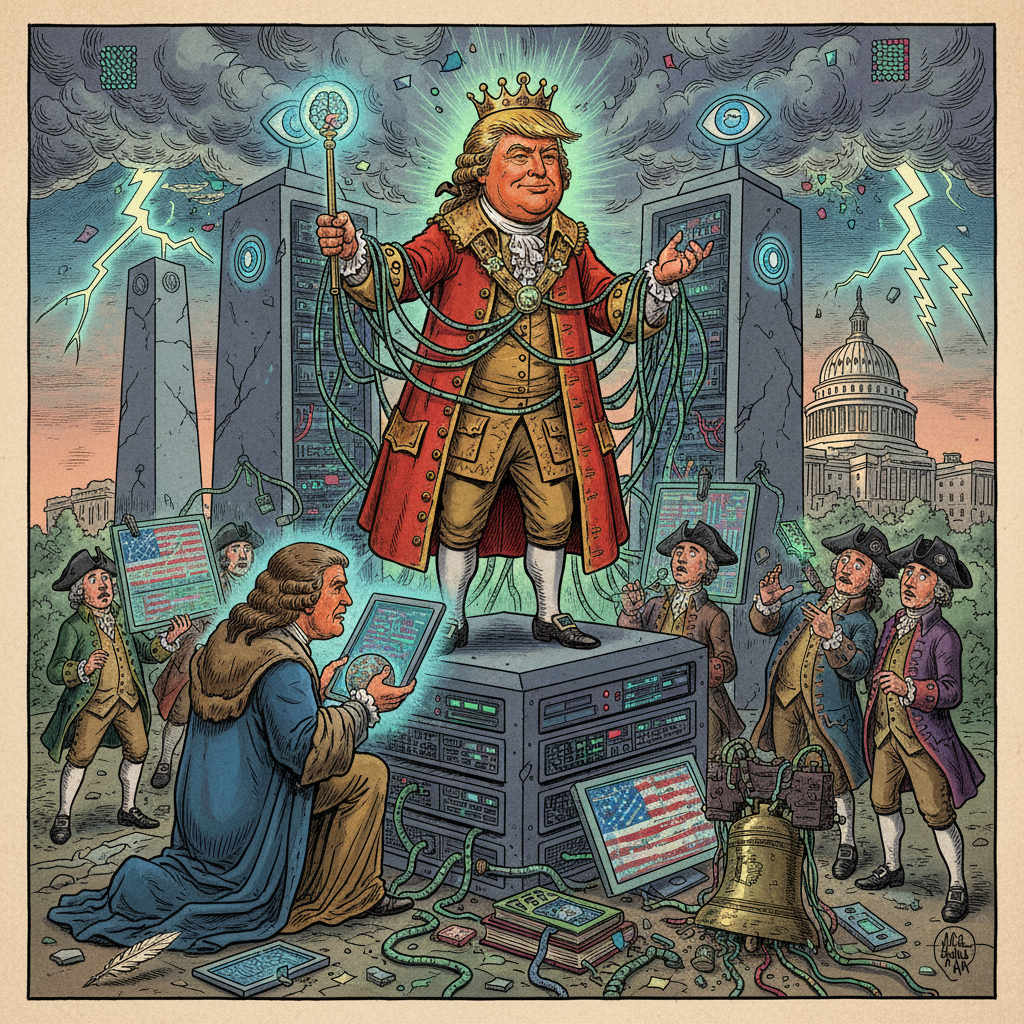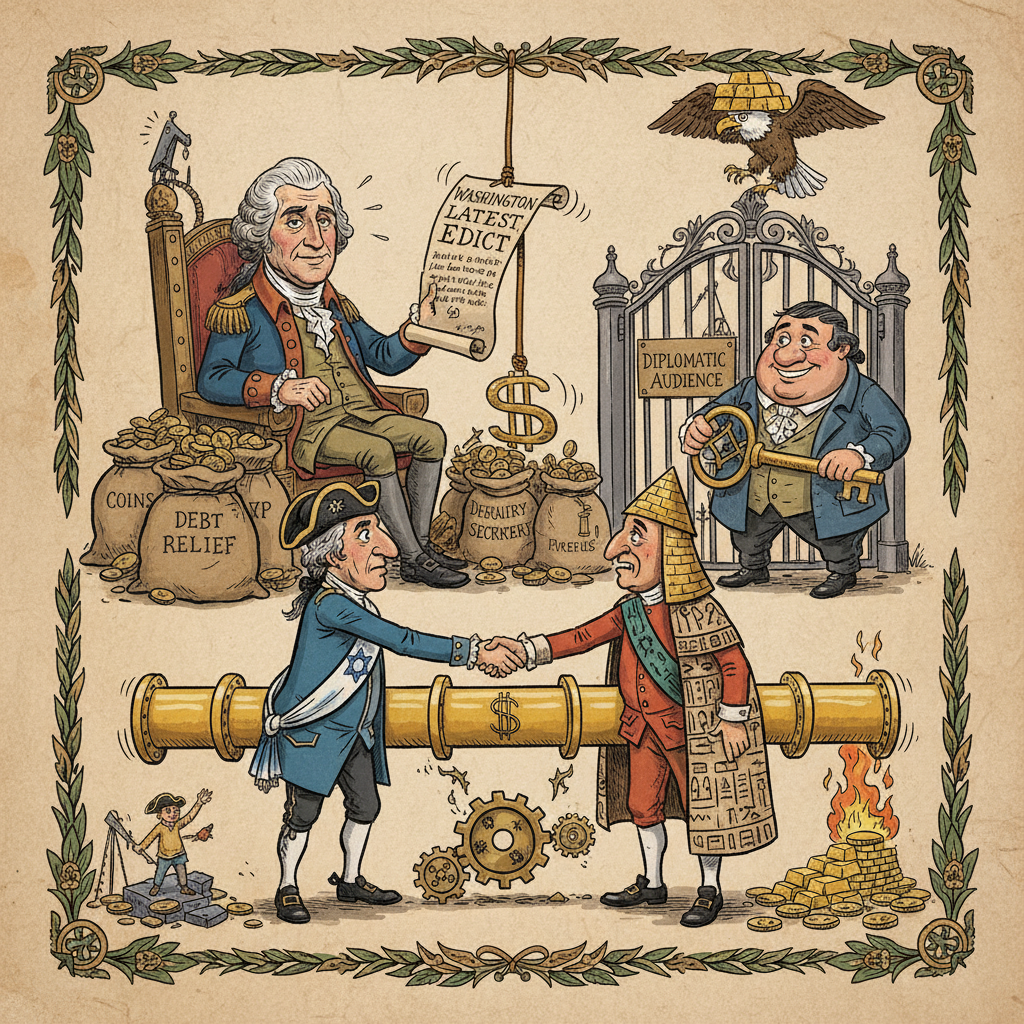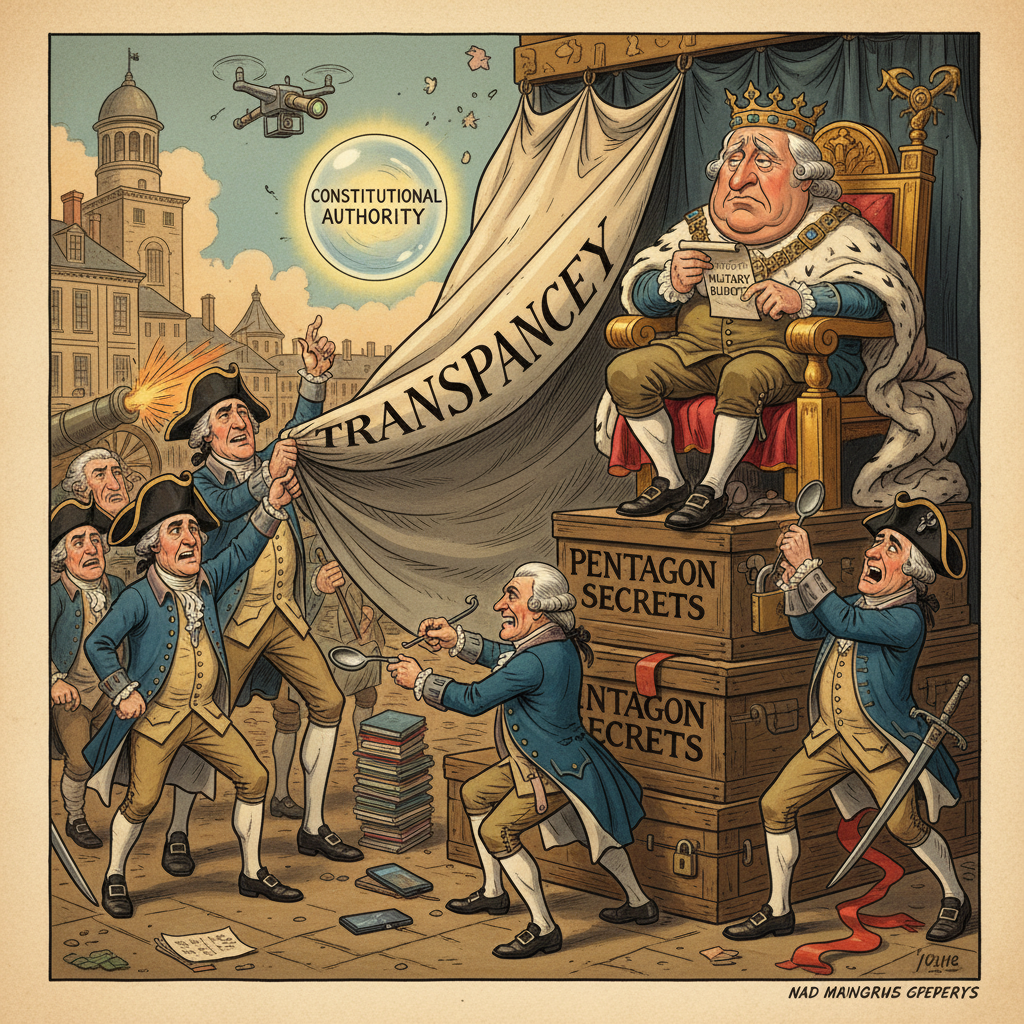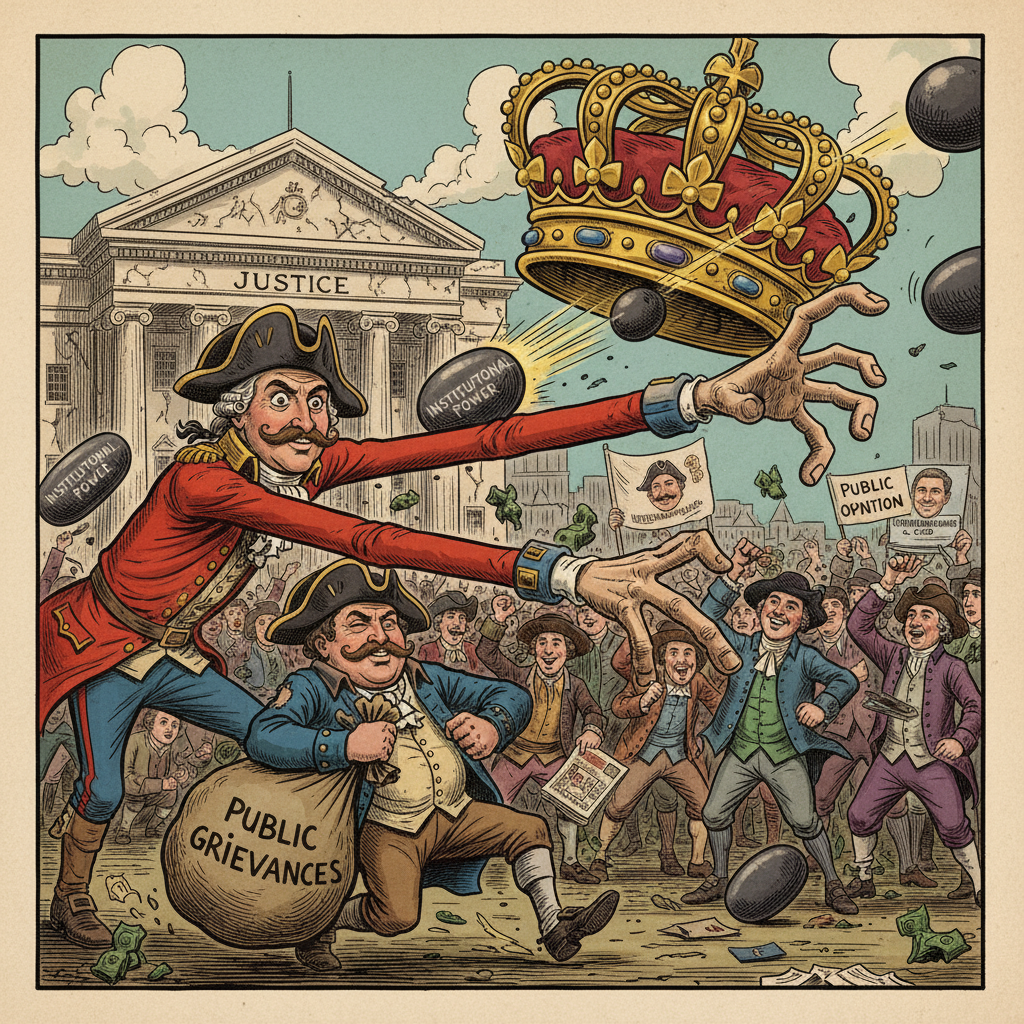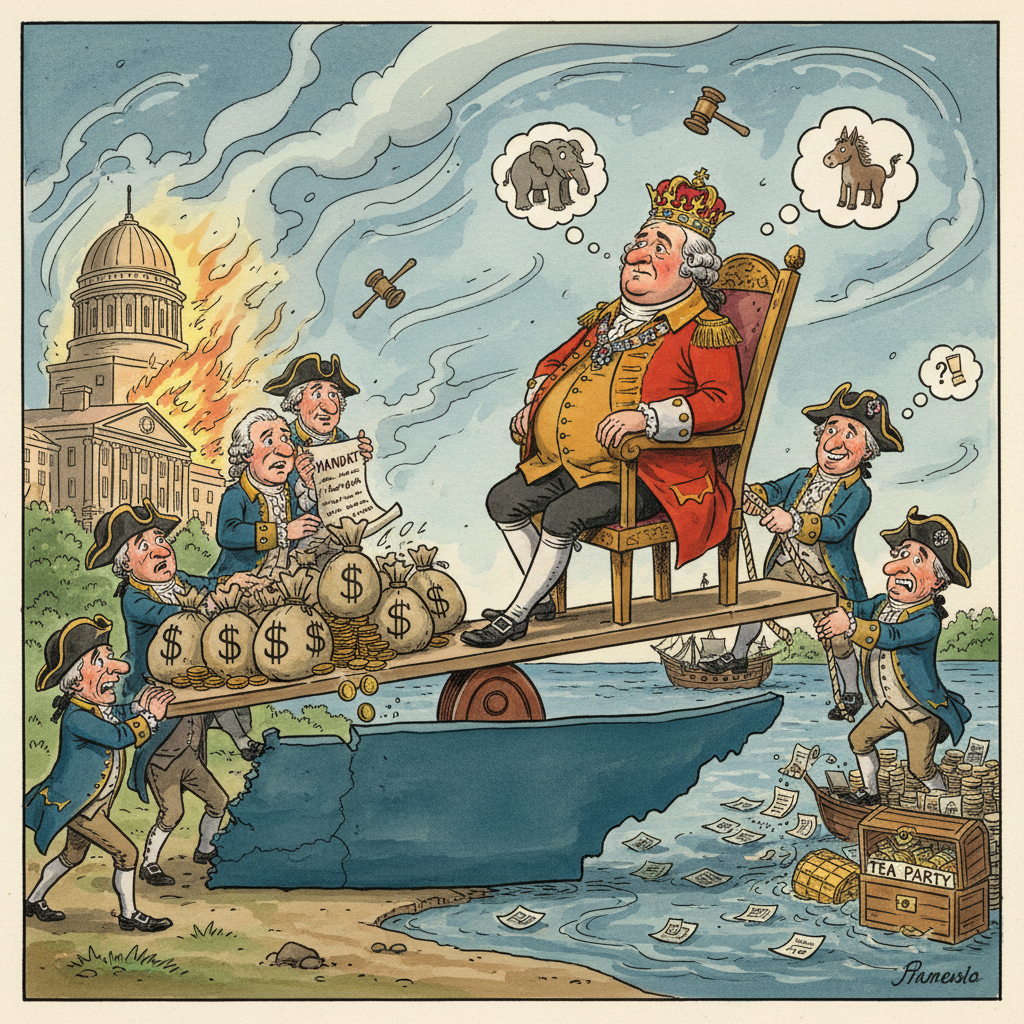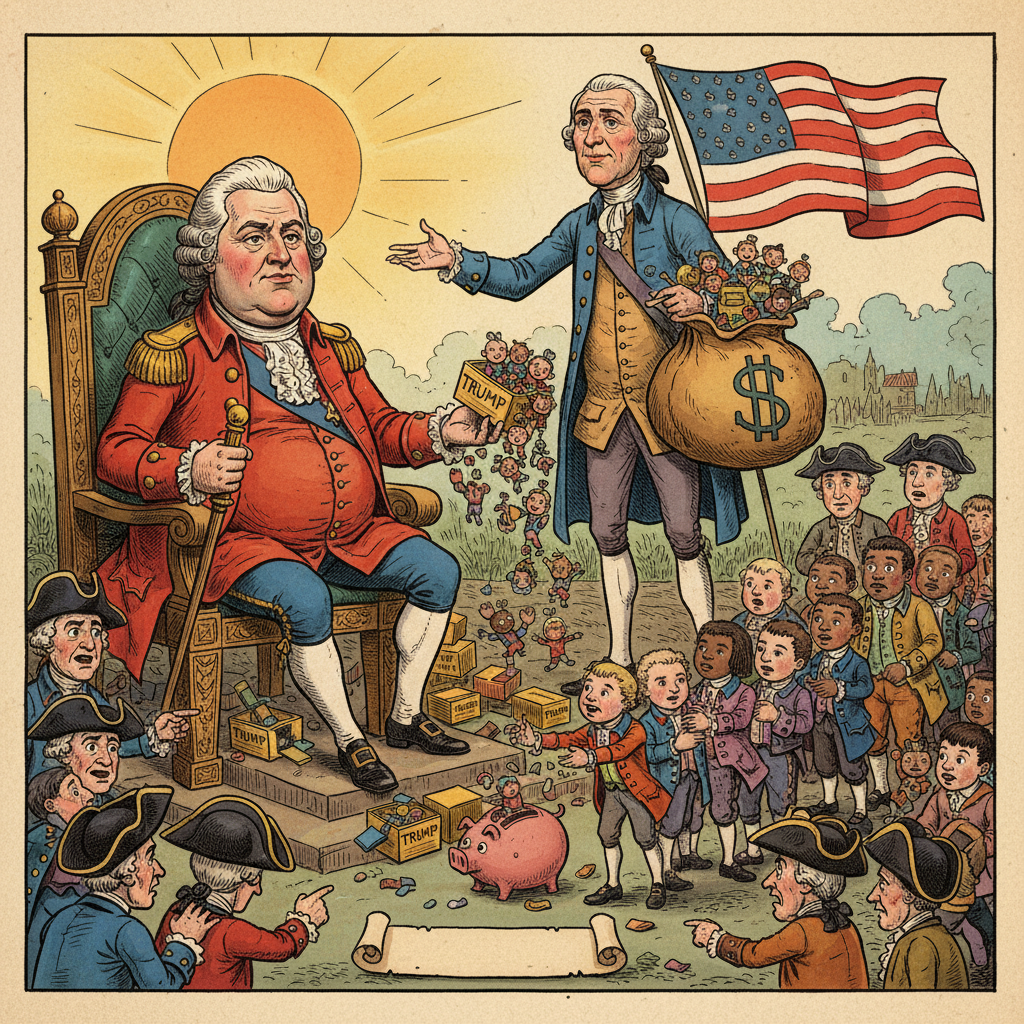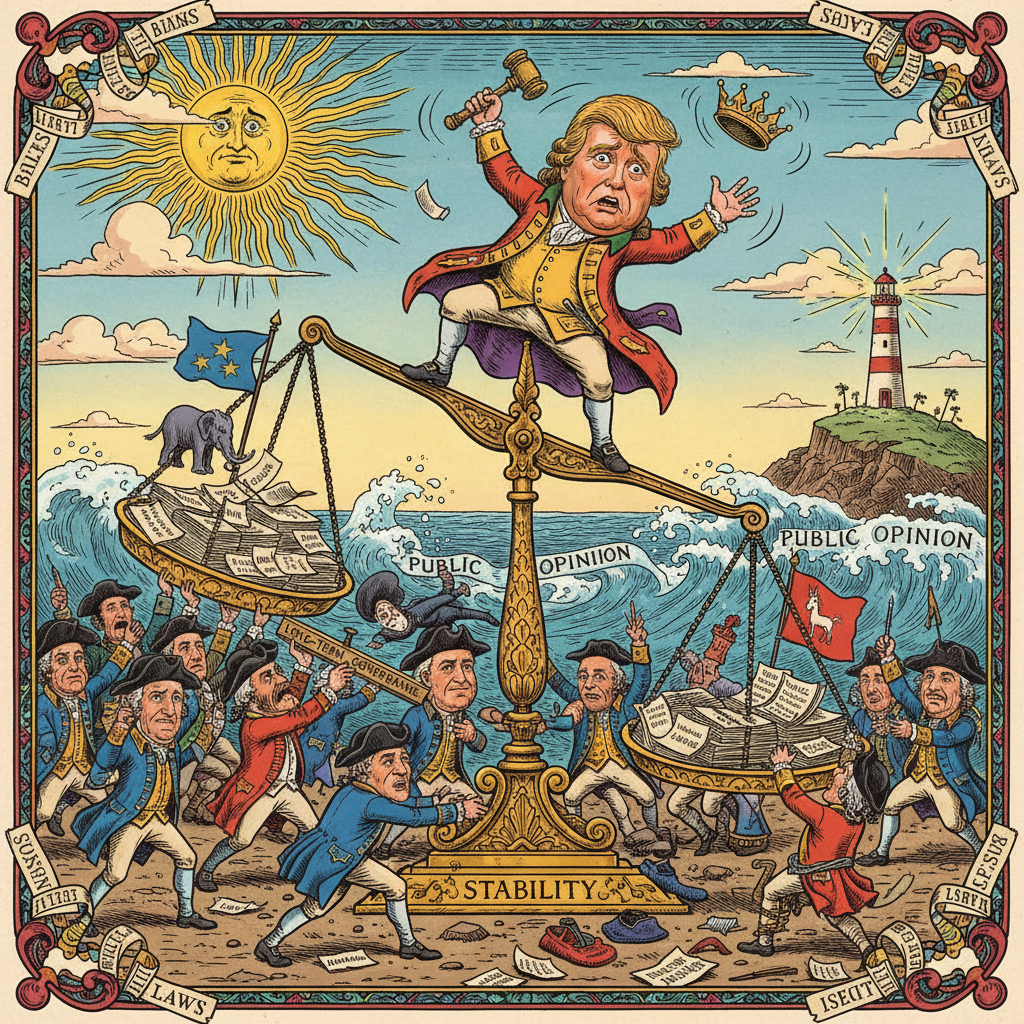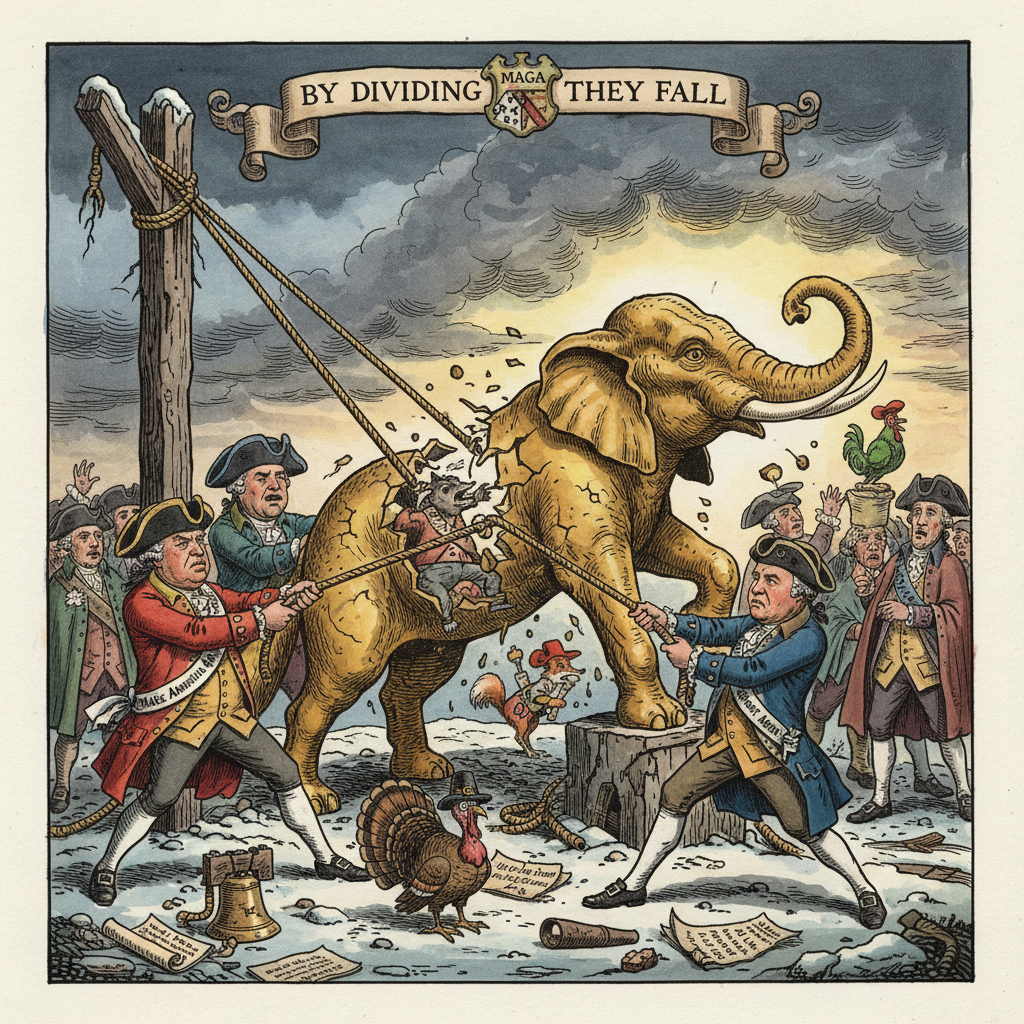The Cartographers of Consent: Mapping the Digital Commonwealth for the New Crown
 By Anya Sharma
By Anya Sharma 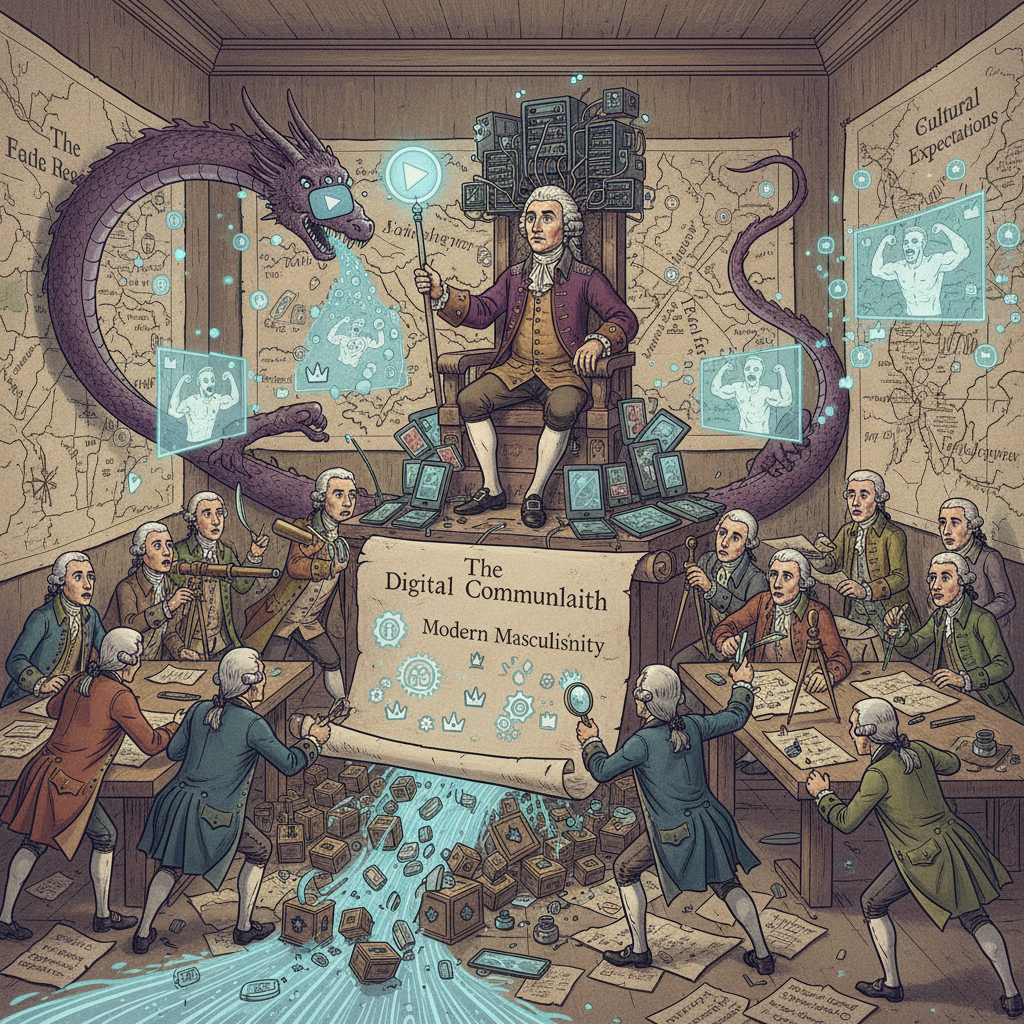
A new bipartisan report reveals YouTube's unprecedented dominance as the central nervous system for the "manosphere," a realm now shaping modern masculinity, elections, and cultural expectations.
A new bipartisan report reveals YouTube's unprecedented dominance as the central nervous system for the "manosphere," a realm now shaping modern masculinity, elections, and cultural expectations.
Why it matters: The systematic cataloging of public opinion among those grappling with 'economic stress' and dwindling institutional trust carries profound historical resonance. As John Adams cautioned, 'without which every man in power becomes a ravenous beast of prey.' This effort to calibrate influence demands scrutiny, not as marketing, but as a precursor to digital governance where consent is engineered. Reducing human agency to metrics for 'effective messaging' risks transforming the 'digital commons' into new imperial territory. Should these architects fail to grasp deeper societal currents, treating citizens as a monolith for persuasion, they may inadvertently cultivate the disaffection that historically fueled revolutionary fervor.
Read the Full Story